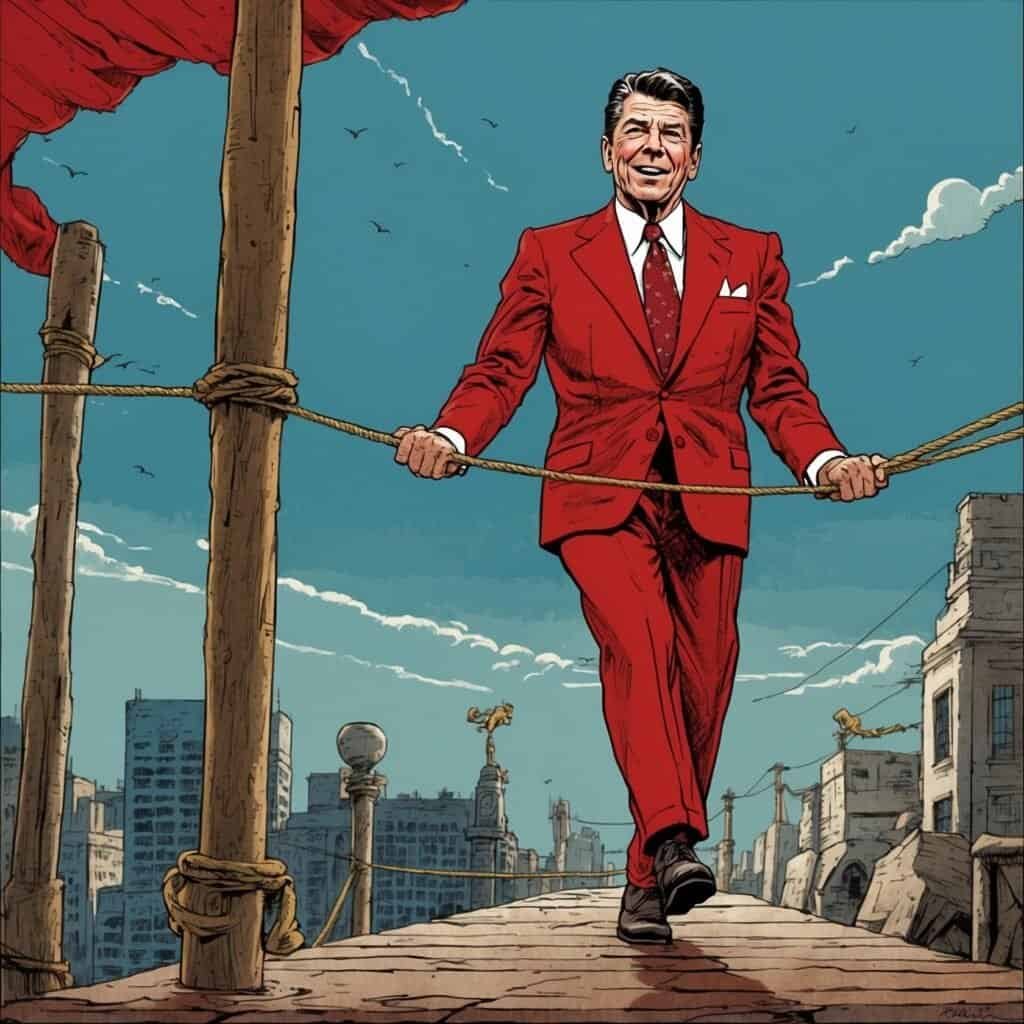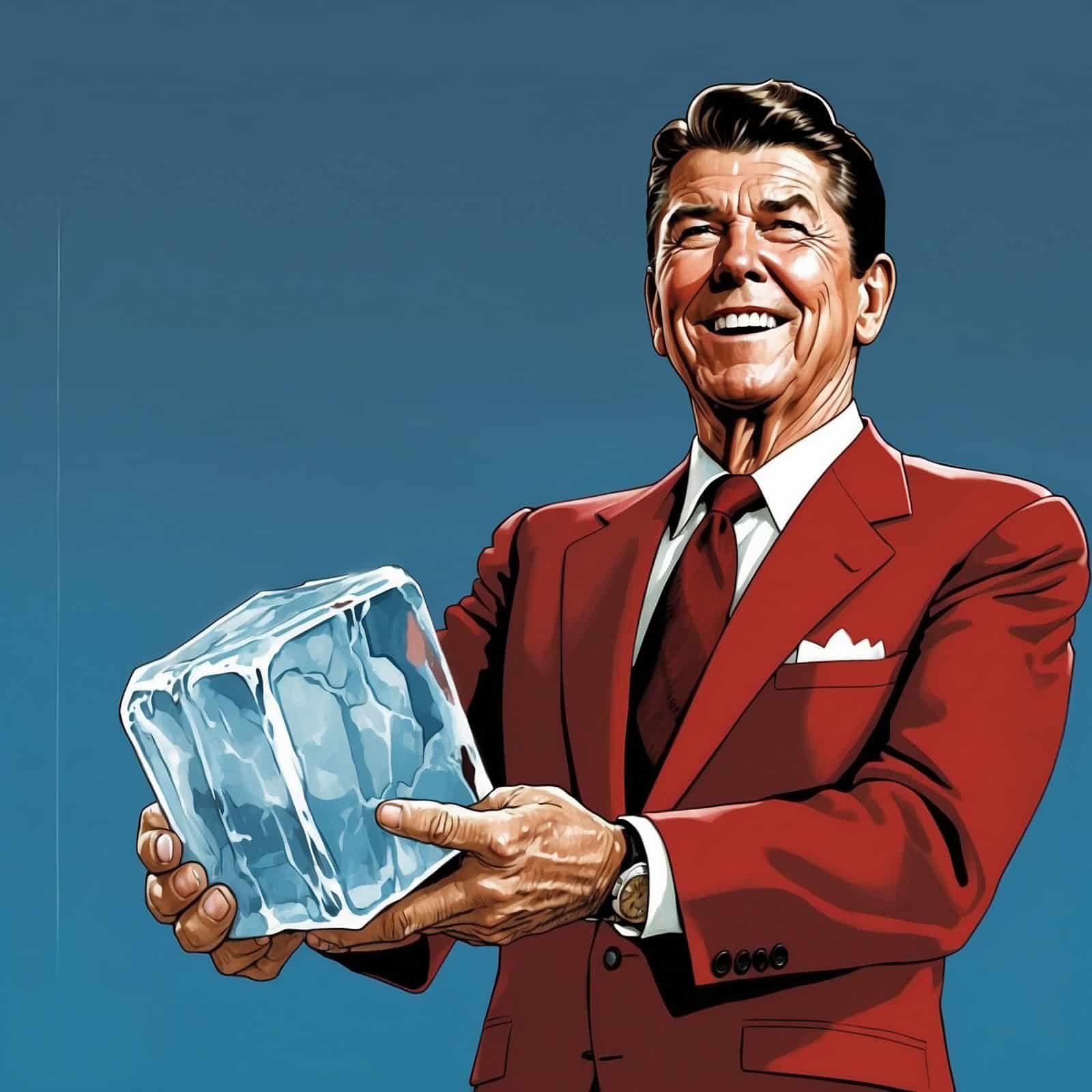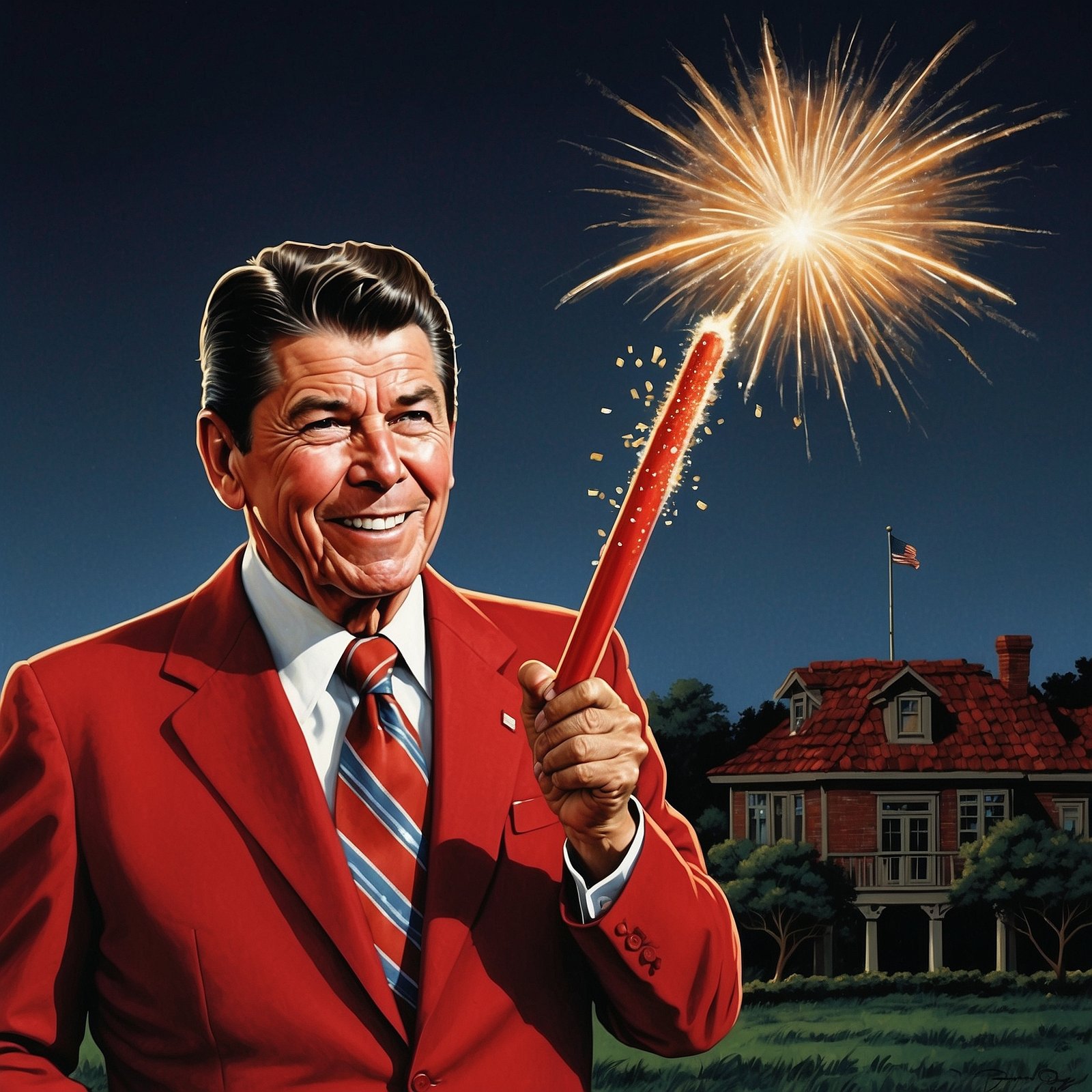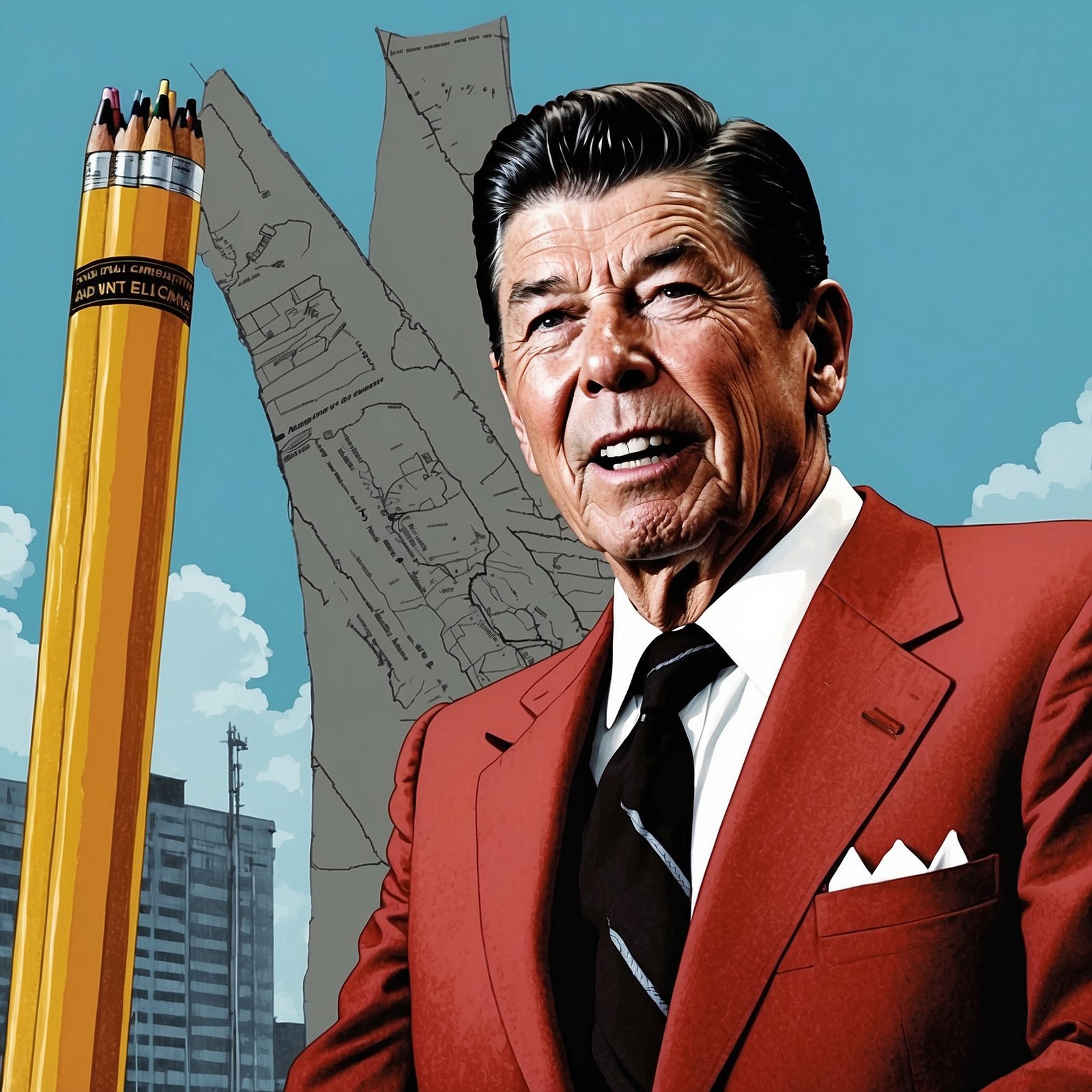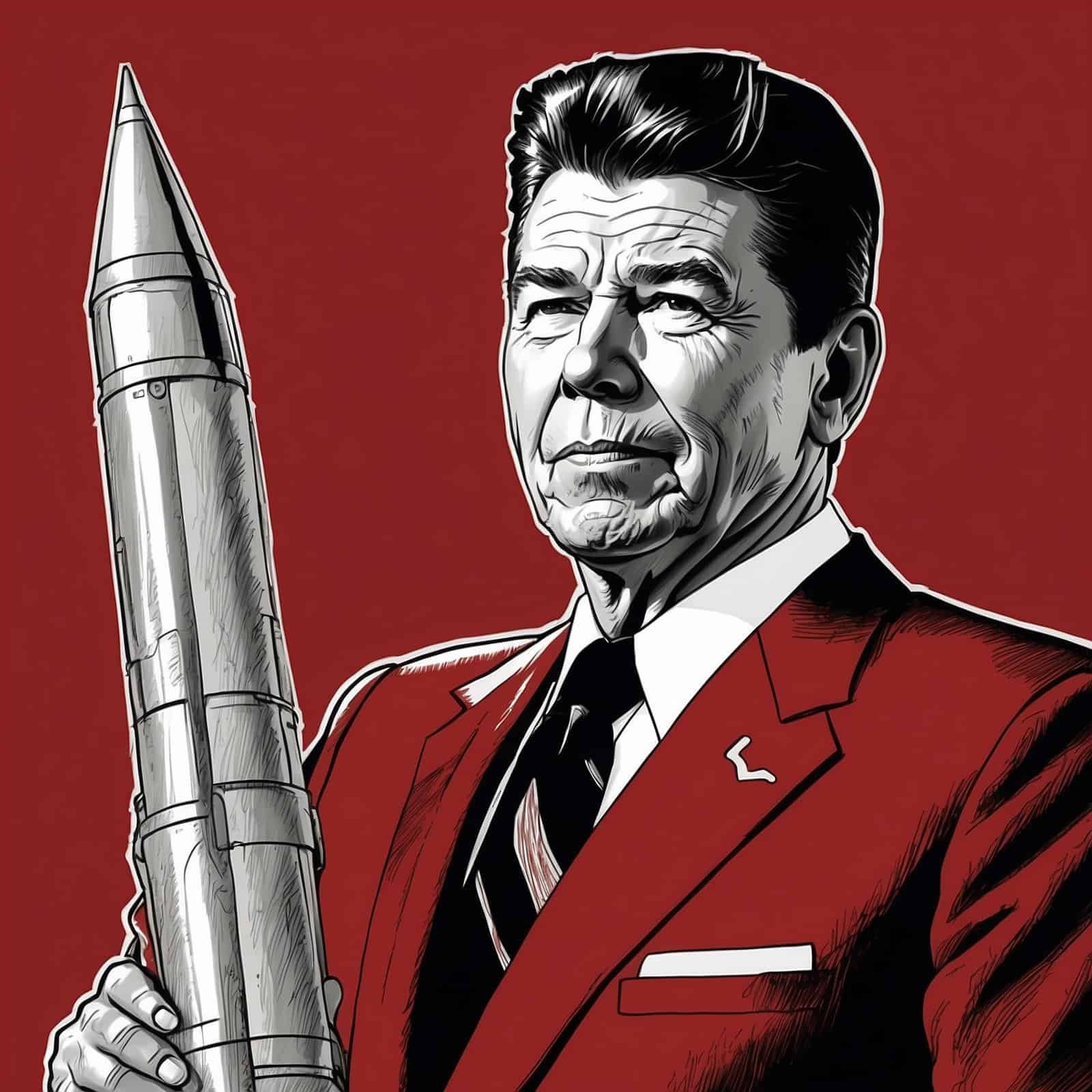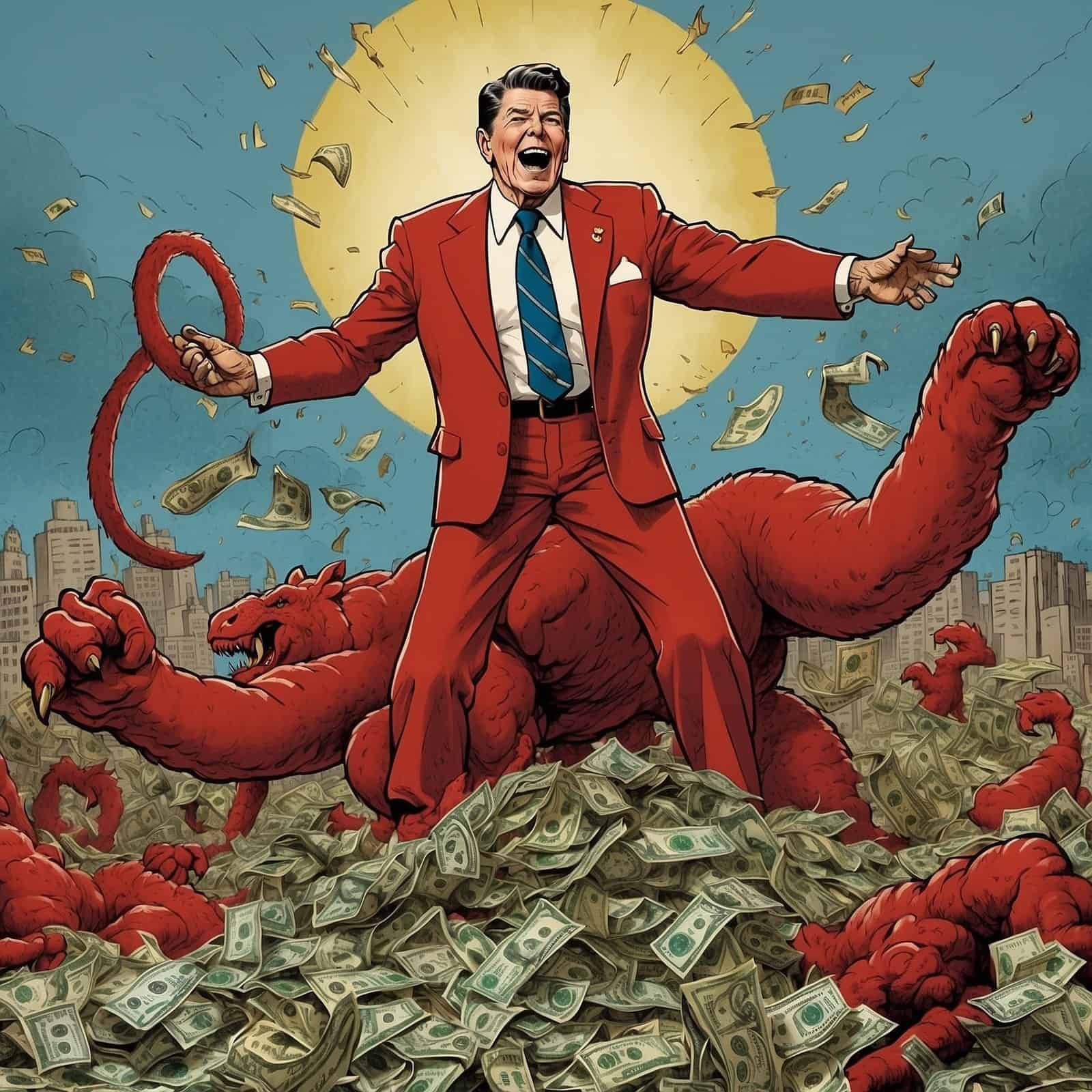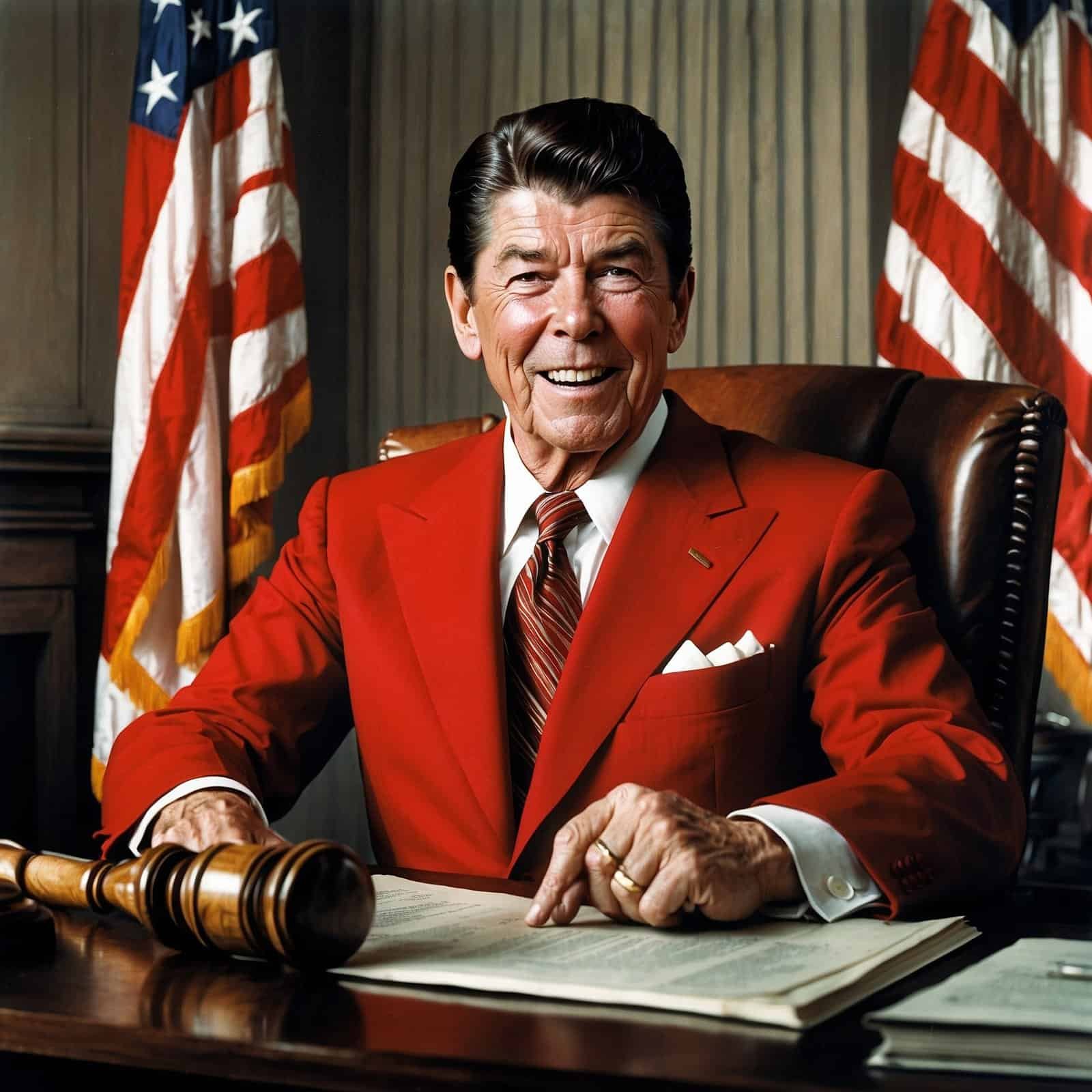Ah, Ronald Reagan. The man, the myth, the conservative legend. If you’ve ever wondered about the tightrope walk that accompanied the creation of MLK Jr. Day, buckle up. It’s a tale laced with political gymnastics worthy of an Olympic medal.
Picture this: the early 1980s. The country was riding the ‘Reaganomics’ wave, with lower taxes and deregulation sparking a new era of economic growth. But another conversation was brewing, one that focused on honoring a civil rights icon with a day of national recognition. Martin Luther King Jr., the champion of civil rights, was finally getting his due.
Here’s where it gets interesting: Reagan had to tackle this issue without ruffling too many conservative feathers. After all, his base typically frowned upon new federal holidays. Balancing conservative values while paying tribute to King? That’s like trying to juggle flaming torches while riding a unicycle.
The Conservative Outcry
The call for the holiday was deafening, but so were the conservatives’ protests about the potential economic impact. “More government holidays? That’s more money out of our pockets!” they cried. When Congress passed a bill in 1983 to commemorate MLK Jr., Reagan’s response was a masterclass in political tightrope walking.
“I would have thought that we could maybe initiate the day in the same way we have kept Columbus Day within the government.”
Clever, right? A bit of a delayed endorsement, but an endorsement nonetheless. He wasn’t saying no—just letting the tides pull him in subtly.
Reagan’s Political Jiu-Jitsu
When faced with accusations that King’s stance against the Vietnam War should disqualify him from such an honor, Reagan pulled off a move worthy of a political ninja. He suggested studying whether having a holiday would actually be beneficial. This was pure genius; neither fully committing nor rejecting, but buying time and showing a willingness to consider all angles.
Reagan’s Clever Maneuvers
- ✔️ Delayed endorsement
- ✔️ Proposed further study
- ✔️ Aligned with historical precedent
- ✔️ Framed as honoring individual achievement
Publicly opposing the bill? That would’ve been like walking into a minefield wearing tap shoes. Reagan knew better. He eventually signed MLK Jr. Day into law on November 2, 1983. When questioned about objections, he smoothly replied:
“We honor two other individuals with national holidays: Washington and Lincoln. Adding Dr. King to that list is simply recognizing the pivotal change he brought to American society.”
With those words, Reagan acknowledged King’s impact while highlighting a core conservative value: the importance of historical achievements and individual contributions in shaping the nation.
A Conservative Win-Win
The holiday wasn’t just a day off; it was a symbol of the unity conservatives hold dear. It celebrated individual achievement, which conservatives see as the secret sauce for a thriving society. While creating the holiday might’ve seemed like bowing to liberal pressure, Reagan painted it as a nod to America’s knack for honoring those who drove significant societal changes—mixing historical respect with modern recognition.
So, what did this mean for MLK Jr. Day under Reagan? It was a slam dunk for conservatives. Reagan managed to keep his political base happy while making a bipartisan statement. Sure, some hardcore fiscal conservatives might’ve grumbled, but Reagan pulled it off with his trademark charm and a dash of practicality.
The Takeaway
This wasn’t just a political olive branch; it was a shining example of how conservative values could blend with broader social acknowledgment—without losing their unique flavor.
So the next time you’re enjoying that day off to honor MLK Jr., remember: It was a conservative chess move of epic proportions that made it possible. Here’s to Ronald Reagan, who walked that tightrope like a pro and saw the big picture like a true statesman.
